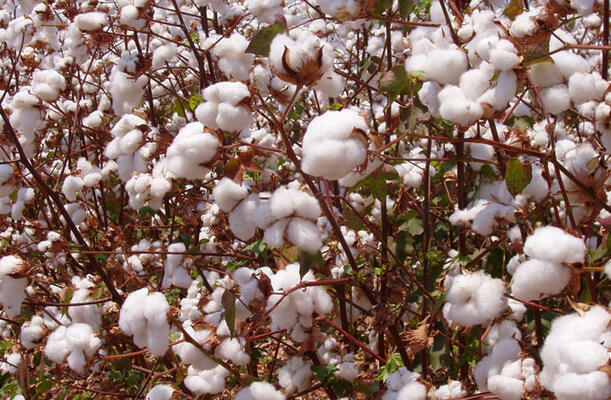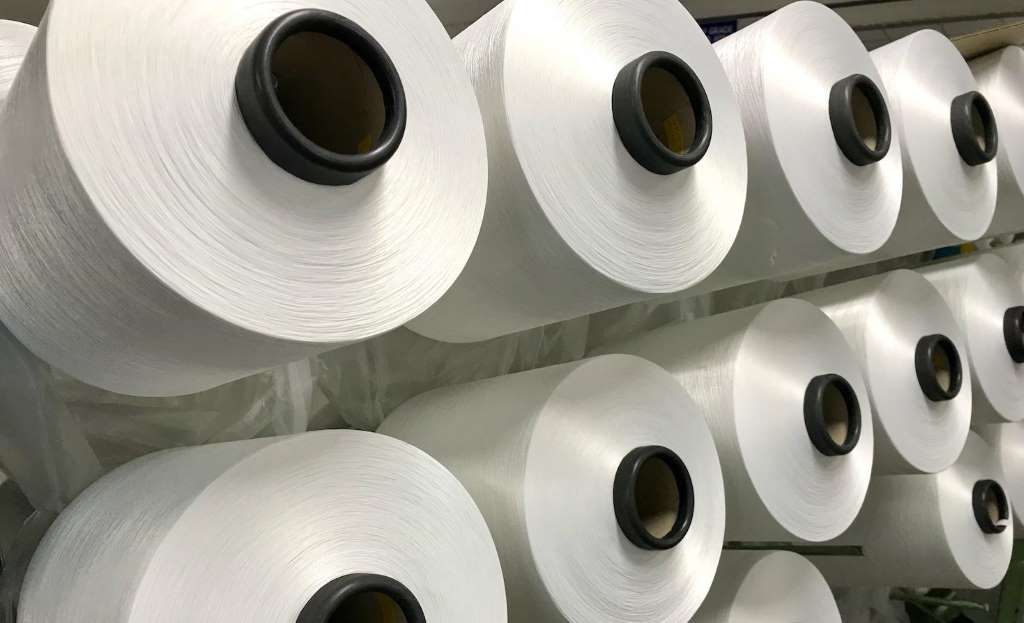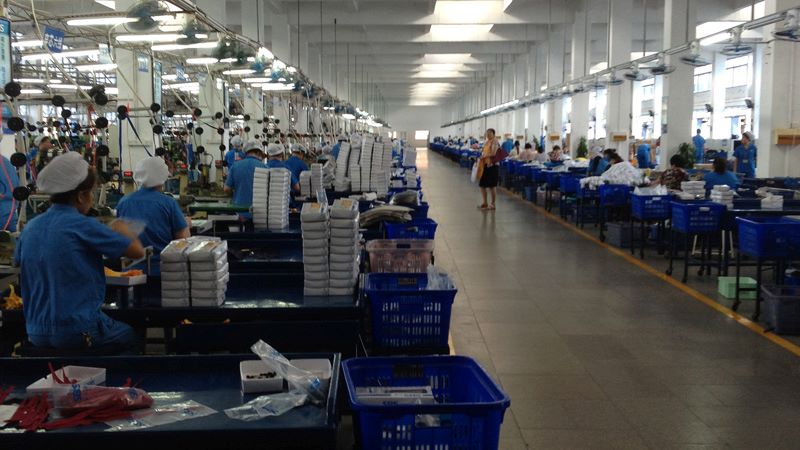There is a search for alternatives to petroleum-derived fibers like polyester and acrylic. Natural fibers like cotton and wool have been losing market share to synthetics for some time but the tide is turning.
Currently two-thirds of new clothing is made from synthetic fibers and washing these clothes is significantly contributing to plastic pollution in oceans, with each polyester garment shedding thousands of microplastic particles adding up to tons of ocean plastic pollution over time.
Microplastic fibers carry chemical endocrine disruptors that influence hormone functions and chronic disease. Microplastics in the oceans predominantly come from machine-washed synthetic textiles. The last two decades have seen an escalation in synthetic fiber production along with fast fashion supply chains driving consumption to double.
Progressive retail fashion businesses are now including sustainability and transparency targets in their strategic planning. A sustainable clothing approach includes the realization that less shopping and washing makes household economic and ecological sense.
Growing concern about plastic in our environment sees natural-fiber industries poised for resurgence if they demonstrate eco-credentials to discerning customers. But while technological recycling solutions are emerging, issues include difficulties in separating blended fibers and downgraded quality of reprocessed natural fibers. As the world’s largest natural fiber industry, cotton carries some historical baggage.
Microplastic particles released while washing clothes pollute oceans
- 1
- 2
- 3
- 4
- 5
- 6
- 7
- 8
- 9
- 10
China's luxury e-com boom fizzles as shoppers drive up returns
China's luxury e-commerce market, once a golden goose for high-end brands, is facing a new challenge: skyrocketing return rates. Shoppers... Read more
Dynamic growth and evolution of the women’s apparel market
The Women’s Apparel market stands as a dynamic force within the global fashion industry, embracing a plethora of clothing and... Read more
Bangladesh shifts cotton sourcing from India to Africa, as it impact global cott…
Bangladesh, the world's second-largest garment exporter after China, is undergoing a significant shift in its cotton import strategy. Traditionally, India... Read more
Global Apparel Trade Slowdown: Waning consumer demand paints bleak economic pict…
Wazir Advisors April 2024 report on global apparel trade paints a worrying picture, with major markets like the US, EU,... Read more
China's fabric exports to India shrink with rising domestic demand
While China remains the world's leading textile producer, its grip on India's fabric import market appears to be loosening. Data... Read more
Levi's makes big bet on DTC sales, embraces baggy denim trend
Levi Strauss & Co. (Levi's) is experiencing a positive shift in its business strategy, with a strong focus on direct-to-consumer... Read more
Fashion InStyle, Home InStyle showcase lifestyle trends and sustainability effor…
The Hong Kong Trade Development Council (HKTDC) is hosting a week-long extravaganza of lifestyle products and creative industries, featuring two... Read more
Shenzhen Underwear Fair (SIUF) Wraps Up Showcasing Expanding Focus: Beyond linge…
The 2024 China (Shenzhen) International Brand Underwear Fair (SIUF) concluded yesterday, April 21st, marking the end of a three-day event... Read more
H&M's shift from recycled bottle polyester and what it means for circular fa…
In a significant move Swedish fashion giant H&M has recently moved away from recycled polyester derived from plastic bottles and... Read more
China's apparel and textile industry defies expectations with Q1 growth boom
China's economic performance in the first quarter of 2024 surprised many exceeding expectations with a 5.3 per cent GDP growth.... Read more












